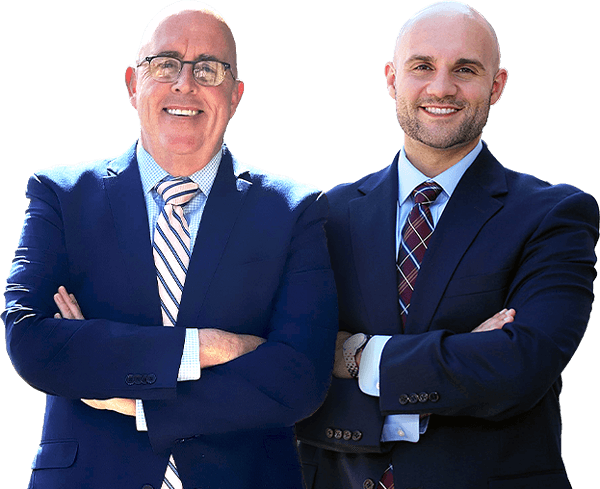The Social Security Disability (SSD) program offers a vital safety net for West Virginia residents with disabilities that prevent them from working. However, the application process can be challenging, and denials are unfortunately common. In fact, the national approval rate for initial SSD applications sits around 30%.
If you’re a disabled worker facing an SSD claim denial, it’s important to understand your options. When you understand the appeals process, you can increase your chances of securing the benefits you deserve.
Understanding why your application might have been denied
The Social Security Administration (SSA) has a clear definition of disability for SSD purposes. For you to qualify, your condition must meet specific criteria outlined in the agency’s listing of impairments, also known as the Blue Book. Even if your condition is listed, the SSA will also consider the severity of your limitations and your residual functional capacity (RFC) – your ability to perform specific work-related tasks.
Essentially, the SSA looks for limitations that significantly restrict your ability to perform basic workplace activities like sitting, standing, walking, concentrating or following instructions.
Moreover, the SSA relies heavily on medical evidence to assess your condition’s severity. Therefore, you should work with your doctor to help ensure you provide detailed reports outlining your limitations.
It would help if you also remembered that the SSA has an income threshold above which you’re generally not considered disabled. This amount is adjusted annually, so try to ensure you check the latest guidelines.
Appealing your SSD denial
A denial doesn’t mean your case is closed. The SSA offers a multi-tiered appeals process that allows you to present additional evidence and advocate for your claim. Reconsideration is the first level of appeal and involves a review of your original application by a different SSA team member.
You can submit additional medical records or other documentation to strengthen your case. Suppose your reconsideration is denied; you can request a hearing before an (administrative law judge) ALJ and can present your case in person.
If the ALJ upholds the denial, you can request a review by the Appeals Council, a body within the SSA that examines specific legal and procedural issues in your case. Finally, as a last resort, you can file a lawsuit in federal court to challenge the SSA’s final decision.
An initial SSD denial can be disheartening, but it’s not the end of the road. Understanding the reasons for the denial and the appeals process can increase your odds of a successful outcome overall. Remember, the SSA has a complex system, and seeking legal help can significantly improve your chances of securing the disability benefits you deserve.


